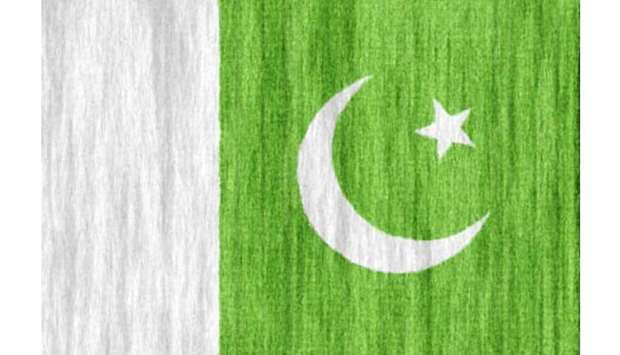Political parties having representation in the upper house of parliament are eyeing the chairmanship of key committees after the election of chairman and deputy chairman of the Senate, though there seems to be an understanding between the ruling and opposition parties over the share of each side.
Background interviews with leaders of the house and opposition parties reveal that there is an understanding between them over the number of standing and functional committees and the distribution of chairmanship responsibilities among them, although the allocation of committees has not been sorted out.
Sources said that it had been decided at a recent meeting between Leader of House Zafarul Haq and Leader of Opposition Sherry Rehman that of the total 39 standing and functional committees, opposition parties would have chairmanship of 20 committees, whereas the ruling alliance would get chairmanship of 16 committees.
Of the remaining three committees, the sources said, the chairmanship of two would be given to the recently formed eight-member group comprising senators of the Pakhtunkhwa Milli Awami Party and a few independent senators from Baluchistan, while the Pakistan Muslim League – Functional (PML-F), Awami National Party, and Baluchistan National Party – Mengal (BNP-Mengal) – each having one member – will contest for the chairmanship of one committee.
When contacted, House Leader Haq said that they would have no problem as far as the distribution of standing committees between the government and the opposition is concerned.
He expressed the hope that the parties would not bicker over the distribution of the committees and that the matter would be settled amicably.
Haq contended that the Senate chairman absolutely had no role in the formation of the committees and in the elections of their chairpersons.
The committees were formed by the Senate secretariat in consultation with leaders of the house and the opposition, he said, adding that the senators had already been asked to provide their choices of the committees with preferences.
The leader of the opposition meanwhile explained that the chairmanship of committees was given to the parties in accordance with their strength in the 104-member upper house.
Given the total number of standing and functional committees of the house, Rehman said, for every three senators each party would have the chairmanship of one committee.
She expressed the hope that they would soon complete the process of the formation of the committees and elections of their chairpersons.
However, she refused to divulge details, saying that the matter is still on the negotiating table.
Under the rules, after the formation of the committees, the house would give a formal approval to them.
The members of each committee would then elect their chairmen.
As the Senate committees on interior, finance, defence, foreign affairs, water and power, information and broadcasting, cabinet secretariat, law and justice, inter-provincial coordination and petroleum are usually considered important, political parties always desire to head these forums.
The sources say that both the government and the opposition had reached an understanding that the chairmanship of the key committees would remain with those parties which had been holding them since 2015.
Previously, the opposition members were heading committees on interior, finance, defence, information and broadcasting, human rights and petroleum, whereas the heads of the committees on law and justice, foreign affairs, water and power, inter-provincial co-ordination and cabinet secretariat belonged to the ruling party alliance.
The sources said the chairmanship of 20 committees would be distributed among the four opposition parties: the Pakistan Peoples Party (PPP), Pakistan Tehrik-e-Insaf (PTI), Muttahida Qaumi Movement, and Jamaat-i-Islami.
Independent senators from Baluchistan and the Federally Administered Tribal Areas would also get their share from the opposition quota.
Similarly, they added, the chairmanship of 16 other committees is likely to be distributed among the ruling Pakistan Muslim League – Nawaz (PML-N), Jamiat Ulema Islam and the National Party.
The chairperson of each committee is entitled to have an office, a personal secretary, an official vehicle and extra allowance on top of salary as a member of the parliament.
After the Senate election in 2015, the opposition alliance headed by Bilawal Bhutto’s PPP had agreed to surrender the chairmanship of four key standing committees of the Senate as per their understanding with the government.
The PPP had previously agreed to give the chairmanship of four important committees – foreign affairs, water and power, law and justice and rules and privileges to the PML-N, though the panels were headed by opposition members.

Pakistan
